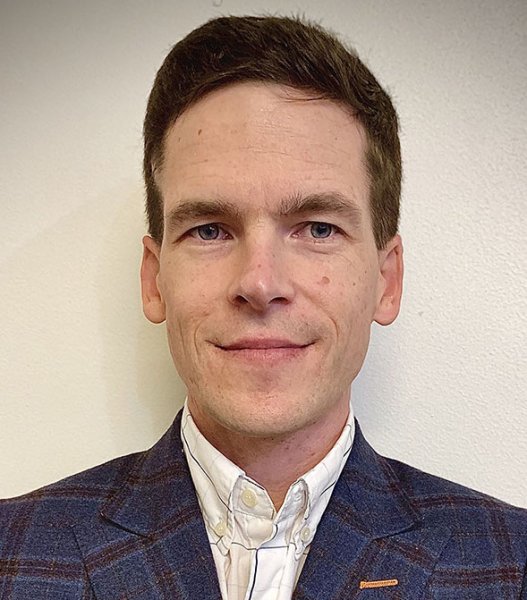Neal is a 6th year PhD candidate in the English Department at the University’s Graduate School of Arts & Sciences. His dissertation examines forgery's relationship to the development of bibliographical techniques of detection in the eighteenth century. Neal participated in PhD Plus Career Design and Consulting modules.
Over summer, Neal participated in the Propel program, UVA's new project-based learning program designed to gain valuable skills and solve real-world problems for clients. PhD Plus supported the program, primarily for experiential learning of graduate students towards career preparation in Consulting.
Q. What are your career aspirations?
After finishing the PhD, I am interested in careers in consulting, or a related field.
Q. Please summarize your experience in the Propel program of project-based learning
Propel provided me the opportunity to participate in team-based projects sourced through employer partners and local Charlottesville start-ups. My team had 5 members, comprising 1 PhD student and 4 undergraduate students, and we received mentoring from an alumni project coach. The project challenge was two weeks long and concluded with a capstone presentation that we presented to a panel of judges comprised of employer partners and alumni.
I participated in the Management Consulting Bootcamp and the Propel program because I wanted to get a sense of the frameworks of problem-solving in consulting fields. The skills I developed over the course of Professor Brendan Boler's bootcamp were applicable to the Propel project challenge I was assigned. My team tackled a market entry problem for Qualtrics. My undergraduate teammates were very sharp and a pleasure to work with. Having a quick turnaround time between learning about the problem and delivering our recommended solution forced us to focus on the most relevant data. As a PhD candidate, I have plenty of experience with deep research, but need to become more comfortable with rapidly-acquired 'expertise'--Propel helped me do just that. By the time we communicated our capstone multi-phase strategy for a low-cost rebrand in the form of a PowerPoint presentation, I felt very confident with the material.
Q. What professional skills did you develop through this experience?
To my surprise, I felt my communication skills took a leap forward over the course of the Propel program. I regularly present my research to academic audiences, but I believe that Propel helped me to be a more disciplined and engaging speaker. This may have something to do with the fact that we were in a *competition*, but I found myself paying extra attention to how my PowerPoint slides and my loose script could enhance one another-- I had to figure out which points, for example, would have the highest visual impact. In other words, I had to be extremely selective with what I chose to highlight. These constraints are, of course, also generally true about presenting material to academic audiences, but it was nevertheless an invigorating challenge to have to summarize a problem and a solution in such a short space.
Q. How has this project-based experiential learning assisted in your career development and planning?
Propel helped me better understand the kind of work that management consulting entails. It clarified what parts of my education and training background have best prepared me to succeed in consulting, or in a related field. At the completion of this program, I was able to recognize how my resumé could be improved, and I have become more comfortable with networking.
Q. What advice would you give your peers on utilizing PhD Plus project-based learning and other experiential learning opportunities for career development?
I would say it's great to jump right into a project-based learning experience even if you are not 100% positive that the project is directly related to your current career goals. First, the experience helps you reflect and respond to the question--"Is ------ right for me?" And second, the skills you will develop on these projects are widely applicable. Because I was willing to step outside of my comfort zone, I feel my career opportunities have widened. Now, I'm more confident about communicating my strengths to people outside my academic field.

